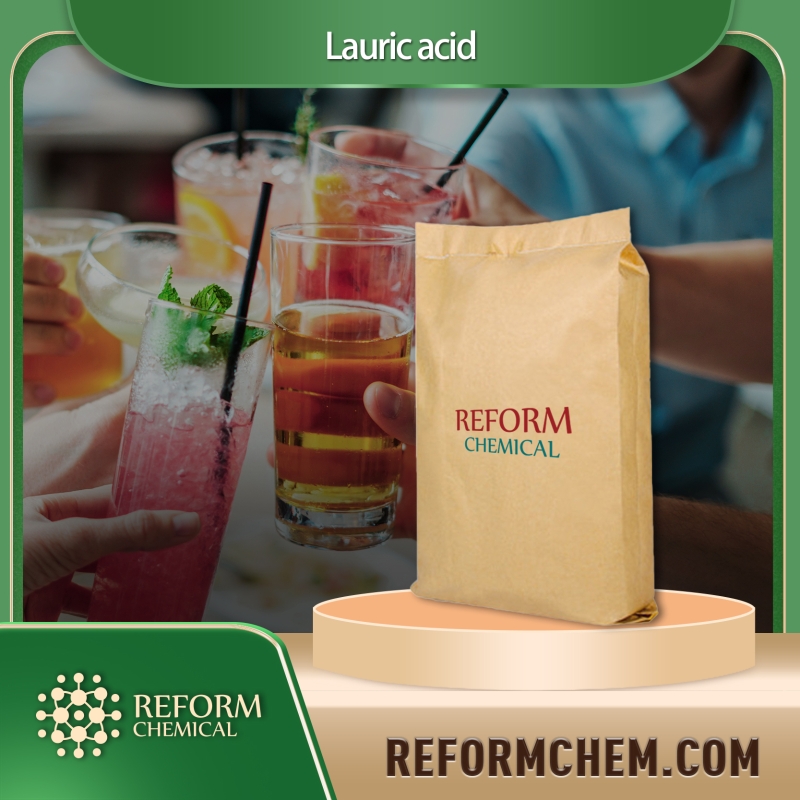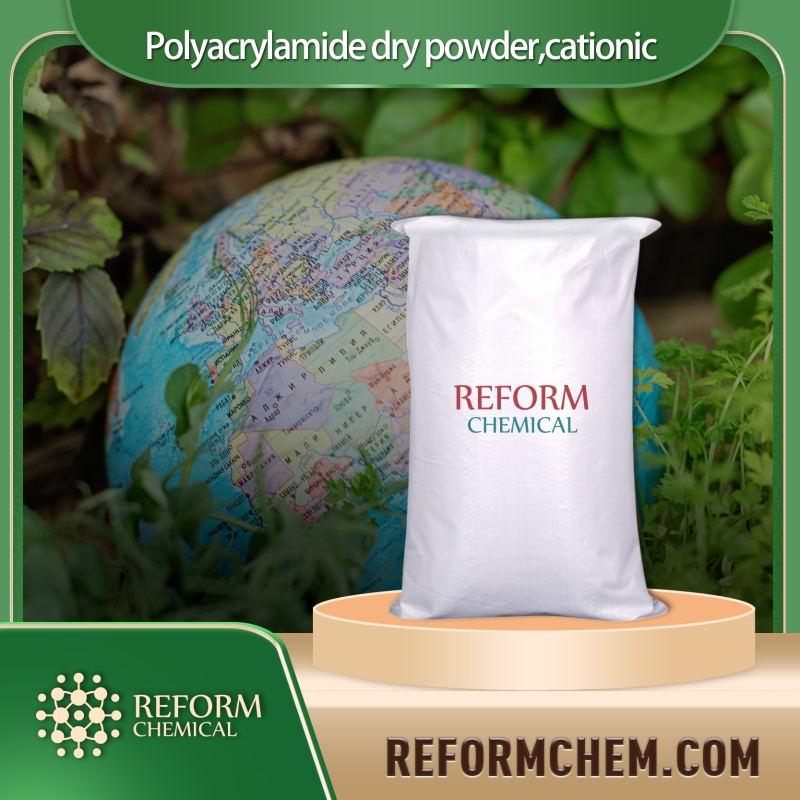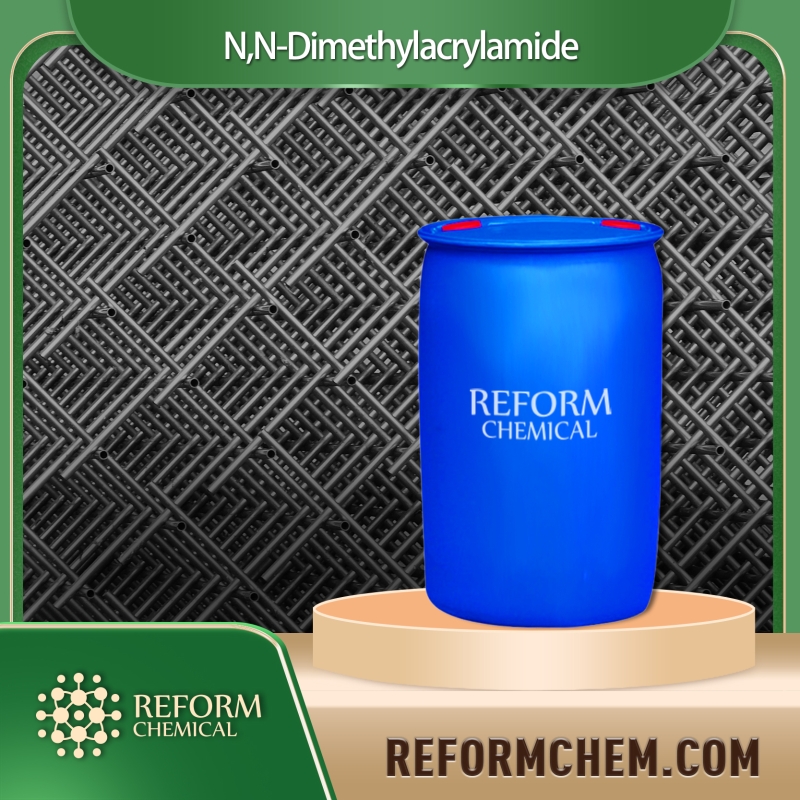-
Categories
-
Pharmaceutical Intermediates
-
Active Pharmaceutical Ingredients
-
Food Additives
- Industrial Coatings
- Agrochemicals
- Dyes and Pigments
- Surfactant
- Flavors and Fragrances
- Chemical Reagents
- Catalyst and Auxiliary
- Natural Products
- Inorganic Chemistry
-
Organic Chemistry
-
Biochemical Engineering
- Analytical Chemistry
- Cosmetic Ingredient
-
Pharmaceutical Intermediates
Promotion
ECHEMI Mall
Wholesale
Weekly Price
Exhibition
News
-
Trade Service
Introduction
In the field of chemistry, the synthesis of natural products has always been a challenging task.
However, with the advancement of technology and the growth of research in the field, many natural products can now be synthesized in the laboratory.
One such natural product is (±)-mebeverine, which is an alkaloid that is found in the roots of the plant Corydalis yanhussi.
In this article, we will discuss the synthetic routes of (±)-mebeverine and the methods that are used to synthesize it in the laboratory.
Synthetic Routes of (±)-Mebeverine
There are several synthetic routes that have been developed for the synthesis of (±)-mebeverine.
Some of the most commonly used methods are as follows:
- The P2S5-mediated asymmetric alkylation of N-Boc-L-ornithine or N-Boc-D-ornithine with methyl iodide in the presence of a chiral P2S5 catalyst has been reported as an efficient and practical method for the synthesis of (±)-mebeverine.
- The synthesis of (±)-mebeverine through a Pd/C-mediated reduction of N-Boc-L-ornithine or N-Boc-D-ornithine has also been reported.
In this method, N-Boc-L-ornithine or N-Boc-D-ornithine is reduced with Pd/C in the presence of a base, such as NaOH, and the resulting product is then hydrolyzed to give (±)-mebeverine. - Another method for the synthesis of (±)-mebeverine is through the use of a combination of hydrogenation and reduction methods.
In this method, N-Boc-L-ornithine or N-Boc-D-ornithine is hydrogenated in the presence of a noble metal catalyst, such as Pt/C, and then reduced with a reducing agent, such as NaBH4, to give (±)-mebeverine. - The synthesis of (±)-mebeverine through the use of a transition metal-mediated method has also been reported.
In this method, N-Boc-L-ornithine or N-Boc-D-ornithine is reacted with a transition metal catalyst, such as FeCl3 or Co2Cl2, in the presence of a base, such as NaOH, to give (±)-mebeverine.
Advantages of Synthetic Routes
The synthetic routes outlined above have several advantages over the traditional methods of synthesizing (±)-mebeverine.
One of the main advantages is that they are more efficient and cost-effective than traditional methods.
Additionally, these methods allow for the synthesis of large quantities of (±)-mebeverine, making it more accessible for use in various applications.
Another advantage of these synthetic routes is that they use fewer steps and reagents compared to traditional methods.
This reduces the amount of waste generated during the synthesis process and makes the synthesis of (±)-mebeverine more environmentally friendly.
Conclusion
In conclusion, the synthetic routes of (±)-mebeverine are diverse and can be tailored to specific synthetic requirements.
Synthetic methods such as P2S5-mediated asymmetric alkylation, Pd/C-mediated reduction, hydrogenation and reduction, and transition metal-mediated method have been reported for the synthesis of (±)-mebeverine.
These methods offer advantages over traditional methods, such as increased efficiency, cost-effectiveness, and environmental friendliness.
The synthesis of (±)-mebeverine is an important aspect of the chemical industry and continues to be an active area of research, as it has various applications in medicine, pharmacology, and other fields.







